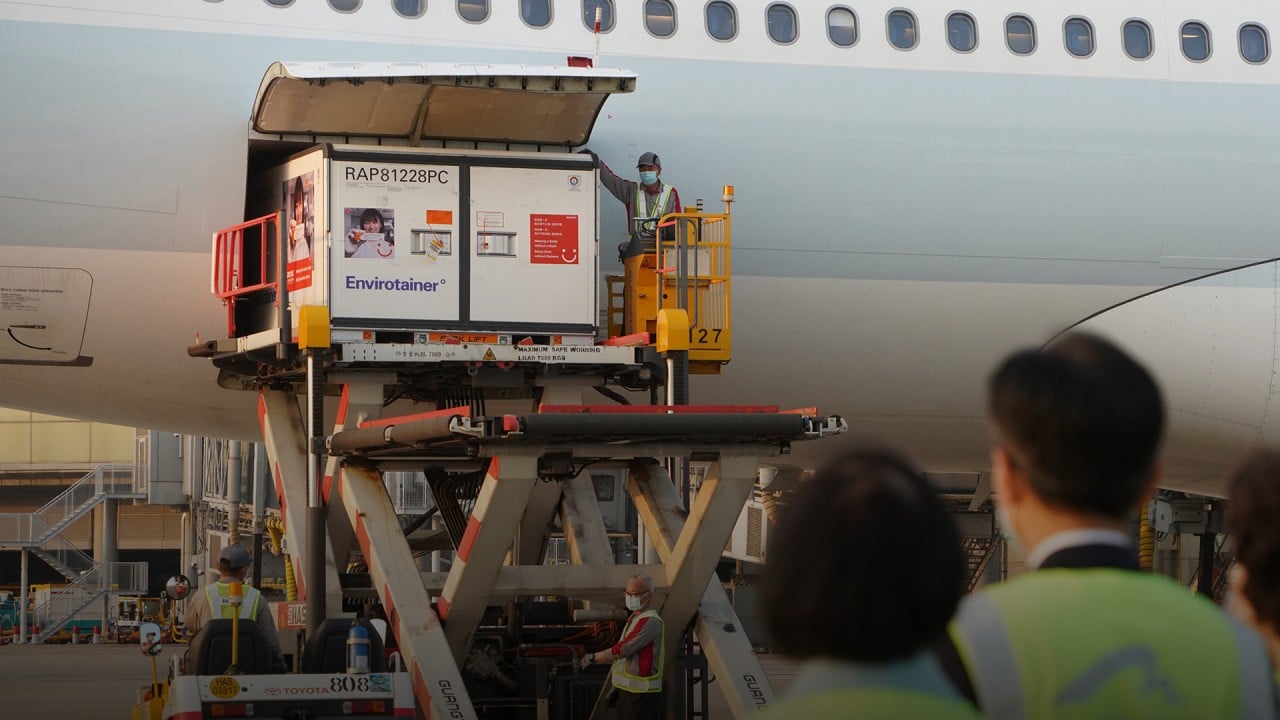
Many questions remain on Covid-19 vaccines, but they’re the best option for now
- Hong Kong must address the legitimate worry about the efficacy and side effects of the three jabs it has chosen, especially Sinovac
- But no vaccine is 100 per cent effective at stopping disease, and vaccination may soon be our passport to travelling again
The usual years of data collection have been compressed into months. A government I’ve lost trust with that has mismanaged the Covid-19 response is driving the process and politics seems to be behind its decisions.
There has been a worrying level of opaqueness about the Sinovac vaccine, which has unaccountably leapfrogged the Pfizer-BioNTech one to become the first to be used for immunisation.
A campaign is under way in mainland China to discredit the Western vaccines, claiming a lack of transparency about their efficacy and safety. Because mainland media is either state-run or controlled, I have doubts about its objectivity. I’ve seen the great wall of censorship in action first-hand with television news blackouts and blocked internet websites.
It is also not known if they prevent transmission of Covid-19 from person-to-person or if they are safe for pregnant women, those with medical conditions or interact negatively with certain types of medications.
Explainer | Why more contagious Covid-19 variants are emerging
Further, the older people get, the weaker their immune systems become. Efficacy rates of just over 50 per cent are obviously even lower for over-60s. So, for the 1.96 million Hongkongers aged 60 and over, what does that mean for the Sinovac and AstraZeneca jabs?
While I assume they are fine for someone who is healthy and below 60, how about a person who is in their 80s and has multiple health problems like diabetes, high blood pressure and the like? I would think not, but the government believes otherwise.
There are too many questions and uncertainties. But I do know that Covid-19 has upturned our lives and economy. No vaccine is 100 per cent effective at stopping the spread of disease or completely safe. But as long as the benefits outweigh the risks, it is worth getting a jab.
Besides, I am sure proof of vaccination will be needed to travel again and it may even become mandatory for employment, school or use of government facilities.
I have no qualms about getting a jab, no matter which one. But authorities have also pledged to give us a choice and they have to respect our individual decisions.
Peter Kammerer is a senior writer at the Post


